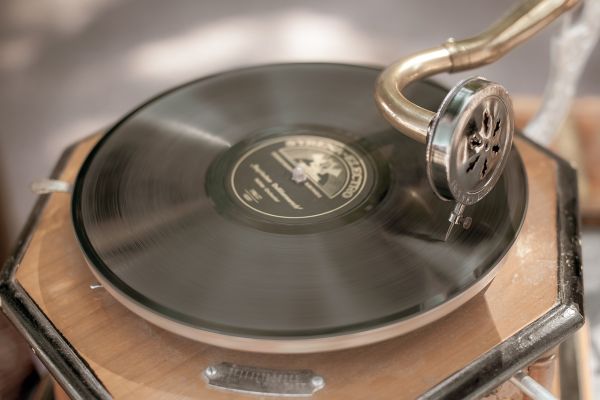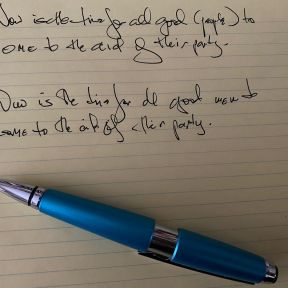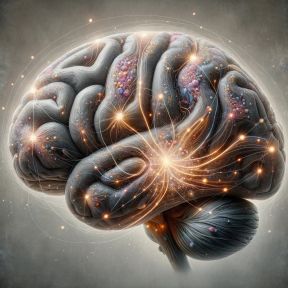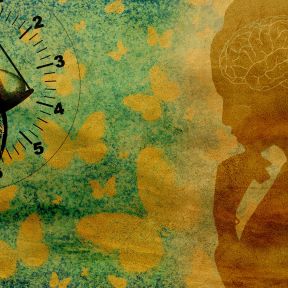
Nostalgia
Nostalgia is a longing and affection for the past. This can encompass positive emotions such as happiness as well as other emotions and recollections, such as tenderness and longing. We have the feeling of nostalgia when we yearn for simpler times, for example, when we were children.
Johannes Hofer, a Swiss physician, coined the term in 1688; at that time, longing for the past and homeland was deemed an illness. Thinking about yesteryear can be filled with regret and bittersweet remembrances, and for people who are prone to rumination and depression, nostalgia can sometimes foster a negative state of mind. Nostalgia, however, is now generally regarded in a positive light. It’s self-reflection that connects us to fond memories and and can help build a coherent sense of identity.
Through nostalgia, we can escape to a time when life felt more secure, or a time of positive experiences or events. When we feel uncertain or stressed, thinking back nostalgically can give us emotional comfort. Film, TV, and advertising campaigns deploy the use of nostalgia to great effect.
People engaging in nostalgia do focus more on selective memories, recalling positive past events and experiences rather than negative and difficult ones. This perspective of time lets us downplay or even forget the hard times we have endured.
We often rely on our autobiographical memories, which can be emotionally charged depending on the events that happened. We may also reform our memories into an idealized version of the event; in effect, we focus on the positives and minimize the negatives.
Nostalgia can help a person regulate their emotions. The discomfort of stress, anxiety, or loneliness can be alleviated when we think about the past with positivity and affection; the feeling of nostalgia can help us feel comfort and stability.
In the face of an obstacle or challenging moment, we can dip into nostalgia as a coping mechanism. Reflecting on a happy, joyful event or experience can give us comfort and support while working through a present difficulty. For example, dipping into nostalgia can help us get through a difficult event such as the death of a loved one.
The reminiscence bump refers to having an increased number of autobiographical memories from adolescence and early adulthood (the bump) relative to other periods of life. There are several possible reasons why this period of life stays with people, including the emerging importance of social relationships to adolescents and the concentration of personally significant milestones at around this time.
The peak-end rule is a concept that helps explain why people remember personal experiences as being more or less positive or negative than they might have rated the event when it actually occurred. These retrospective evaluations are especially influenced by the peak moments of the experience—the high point in positive or negative emotional intensity—as well as the emotional experience at its end.
Solastalgia is a term coined in 2003 by Australian philosopher Glenn Albrecht to capture the longing for one's immediate surroundings or homeland as it once existed, prior to environmental change. It is a portmanteau of the words "solace" and "nostalgia." Solastalgia can be evoked by man-made change or by natural disasters such as wildfires that destroy a town or region. It implies a longing for a physical place that has been irrevocably altered.
By dipping into nostalgia, we can develop a narrative of who we are. We are connected to our past and feel a sense of continuity through nostalgia. This identity-shaping can also apply to a collective group, such as friends and family.
A shared history can bring a group of people together, giving them a sense of meaning and connection. Nostalgia fosters social bonding and commonality. These can be events of the past remembered by members of a particular group—say, a shared ethnic group—which may differ from how the events are remembered by people in other groups. Collective memory may also be used to describe the remembering that happens within a smaller group, such as when members of a family discuss a shared experience or when people work together to help each other remember factual information, sometimes called collaborative recall.
Nostalgia is, for the most part, positive and helpful. However, being obsessed with the past can lead to maladaptive behavior; for instance, not being able to move forward with future plans or foregoing the present day while lingering on a long gone past.
Being stuck in the past can bring on rumination, loneliness, isolation, and even depression; seeking guidance from a mental health professional can help address difficult emotions.












